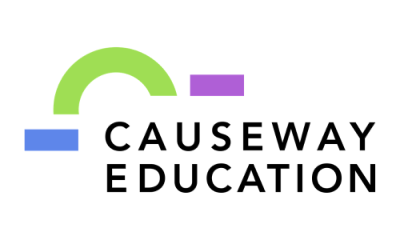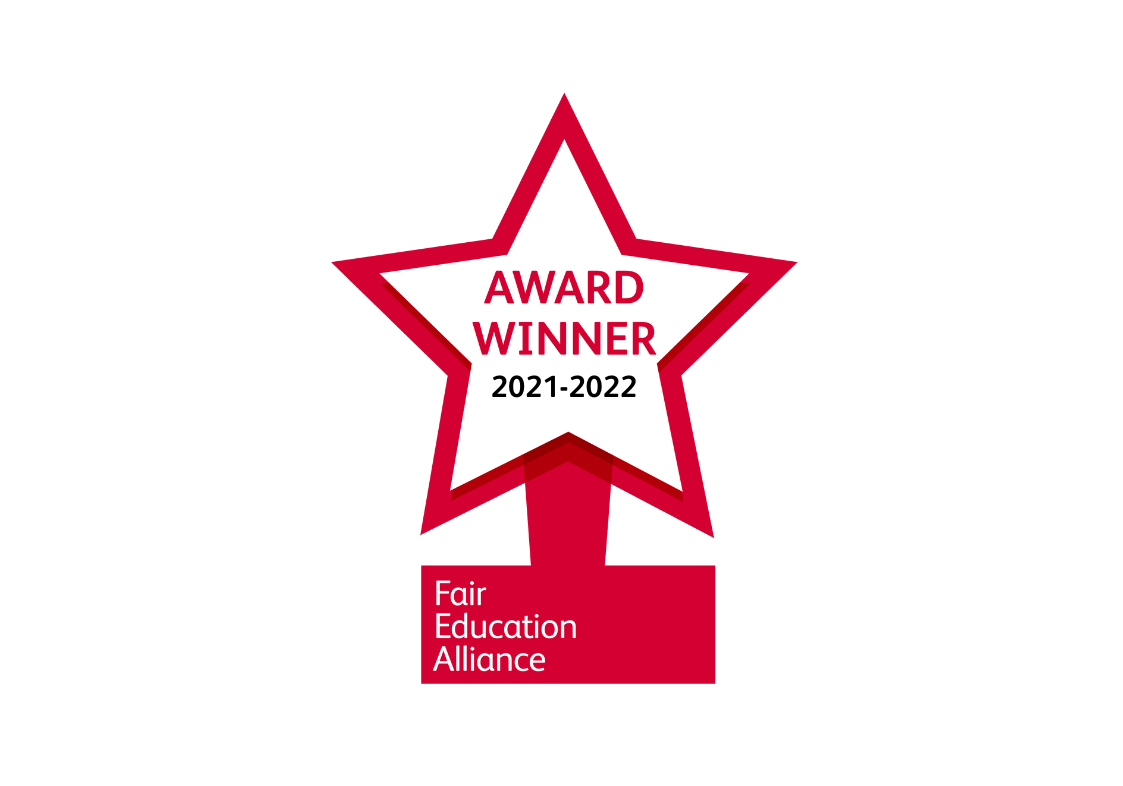But, when viewed over time, a number of key access gaps have remained stubbornly entrenched. As the chart opposite, from the DfE’s most recent report into widening participation, shows, the gap between the proportion of students that received Free School Meals going to university and those that did not has shown few signs of progress since data became available in 2008-9.
So to meet that bold target from the OfS, it’s clear therefore that we need bold new approaches. Piecemeal activities for small groups of students are unlikely to deliver the step-change required. Instead, we need innovative models that work with large cohorts and effect long-term structural changes in schools and colleges, such as our Access Champions programme.
As the OfS requires, Access Champions is focused on outcomes rather than outputs. The programme drives progression rates up for whole cohorts by helping build better systems for HE progression within schools and colleges. We train and empower a senior teacher in the school or college to improve practice in six key areas, including the use of data and the training of other staff members. The sustained programme allows universities to build strategic relationships with schools and colleges and to ensure that existing outreach activities are targeted effectively.
Currently running in regions across England and starting shortly in Glasgow, Access Champions has garnered significant support from teachers, with early indications showing an uplift in application, offer and acceptance rates at participating schools and colleges.
“Access Champions has encouraged students to take progression seriously”, according to Sandra Griffiths, the Post-16 Learning Leader at St Edmund Campion Catholic School in Erdington, Birmingham, who we’ve been working with over the past twelve months.
At Quarrydale Academy in Nottinghamshire, the Access Champions approach has “completely changed our approach to personal statements and references,” according to Leanne Straw, the academy’s UCAS co-ordinator. Personal statements are now much more focused on specific courses, and led to one applicant, applying for Nursing at Nottingham University, being told by the admissions tutor that their personal statements was “one of the best applications I have ever read”.
Teresa Lamb, who took part in the programme from Brimsham Green school near Bristol, told us that, having identified areas for improvement while on the programme and writing a development plan that outlines the changes to make to address them, tutors now feel “empowered” and are able to focus on emphasising a student’s academic suitability and skills when writing references.
Working at the school level is a different approach to the more common student-level interventions seen in much widening participation, but we believe it’s one that has the chance to make lasting change for large numbers of students, and help meet that ambitious OfS target.
To find out more about Access Champions, please contact [email protected].







